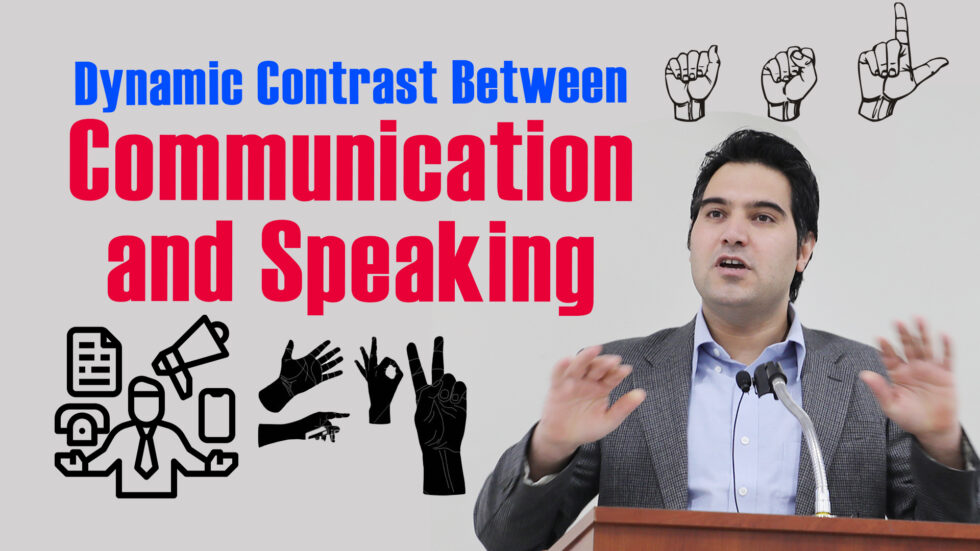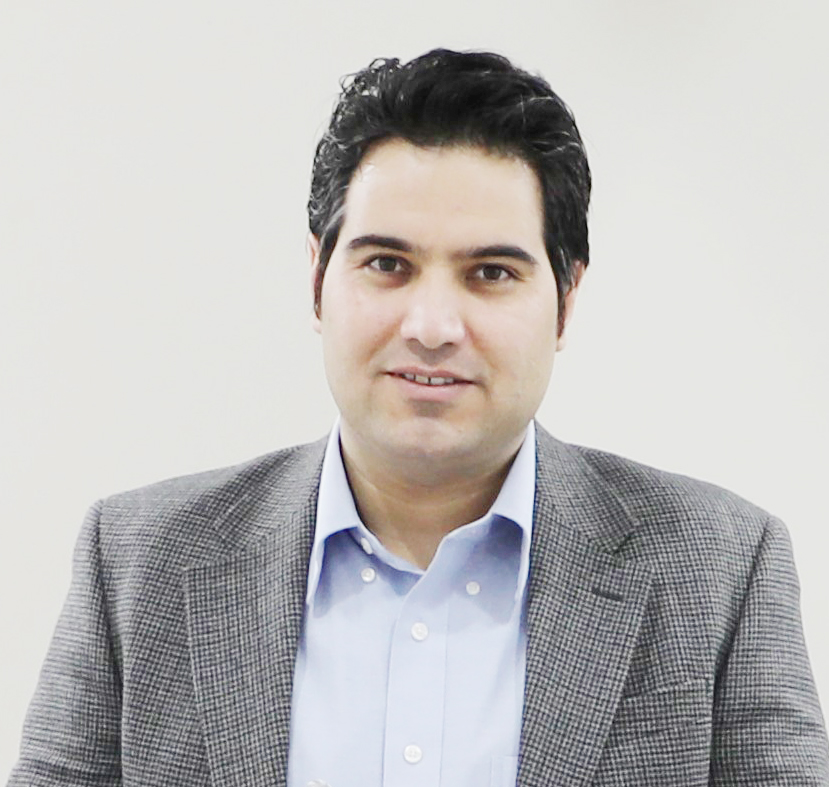
“Beyond Words: Unraveling the Power of Communication in the Silence of Hafizullah”
Beyond Words: The Power of Communication Beyond Speaking
“Unlocking the Silent Symphony: Exploring the Dynamic Contrast Between Communication and Speaking”
“The most powerful tool of communication is silence.” – Carlos Santana
This is Hafizullah, he can’t speak or hear, he is deaf. Again, he can’t speak. Does it mean he is not a great communicator?
Speaking is an important aspect of communication. It plays a central role in conveying thoughts, ideas, and emotions, but here are two questions.
First: If a person can’t speak, would that mean they are not great communicators?
Second: What is the difference between communication and speaking?
In this question, we have two words: communication and speaking.
Communication and speaking are related concepts, but they are different. Let’s explore these differences:
First – communication?
The word communication is taken from the Latin word “Communis” which means something common. Communication is the process of exchanging information, ideas, thoughts, feelings, and emotions through speech signals, writing, or behavior.
We have two types of communication.
Verbal communication involves the use of spoken or written words to convey a message.
- Speech or oral: This includes conversations, speeches, presentations, and any form of spoken language.
- Writing or Non oral: Written communication includes emails, letters, reports, articles, Resumes, and any other form of written language.
Non-Verbal Communication:
- Non-verbal communication involves conveying messages without the use of words. It includes facial expressions, body language, gestures, posture, tone of voice, and even silence.
Now communication is clear, let’s talk about the Second word: Speaking:
Speaking is a specific mode of communication that involves the verbal expression of thoughts and ideas.
Communication is a more comprehensive process that involves both verbal and nonverbal elements to convey and interpret messages effectively.
- 93% of communication is estimated to be nonverbal, which means body language, facial expressions, tone of voice, and more. Only 7% is attributed to the actual words spoken. (Source: Apollo Technical)
In summary, communication is a broader concept that encompasses various forms of expression, including speaking. Therefore, if a person cannot speak, it does not mean that they are not great communicators.
Hafizullah is from Afghanistan, and he is my best friend, he is a powerful communicator, and I personally learned a lot from him.
Final words,
Communication directly impacts your personal brand. We’ve developed a comprehensive personality branding package and work with you:
- To Know who you are?
- Craft a Professional Resume
- Write your biography.
- Create a LinkedIn profile.
- Develop a Video Resume:
- Build your professional website, if necessary.
- Talk about relevant topics to your field.
- Regularly seek coaching.
If you’re looking to brand yourself, contact us today.
He found that communication is 55% nonverbal, 38% vocal, and 7% words only.
I had problems with my communication, especially business communication, but then I started learning and found out it is very interesting, it became my field. I said what I learned I was going to share with others.
Have you ever wondered why some conversations feel more meaningful than others?

So speaking is one part of communication.
Written communication – letters, e-mails, books, magazines, resumes and more. Thus, Resume is one of the important elements of communication and if you want us to write your resume, please contact us.
- Nonverbal communication:
Workplace communication:
- Cost of poor communication: Businesses lose around $62.4 million annually due to poor communication, including lost productivity, missed deadlines, and employee turnover. (Source: Pumble)
- Causes of workplace failure: A whopping 86% of employees and executives believe that ineffective collaboration and communication are the main causes of workplace failures. (Source: Pumble)
- Impact of communication on productivity: Teams with effective communication can experience a 25% increase in productivity. (Source: Apollo Technical)
- Impact of poor communication: 70% of corporate errors are attributed to poor communication, highlighting its significant negative impact. (Source: Apollo Technical)
- Stress from communication: 42% of people have experienced burnout, stress, and fatigue due to communication issues within their business. (Source: Project.co)
The ability to speak is just one aspect of communication. Being a great communicator involves a range of skills beyond verbal expression. People who can’t speak, for various reasons such as medical conditions, may excel in other forms of communication, making them effective communicators in their own right.

